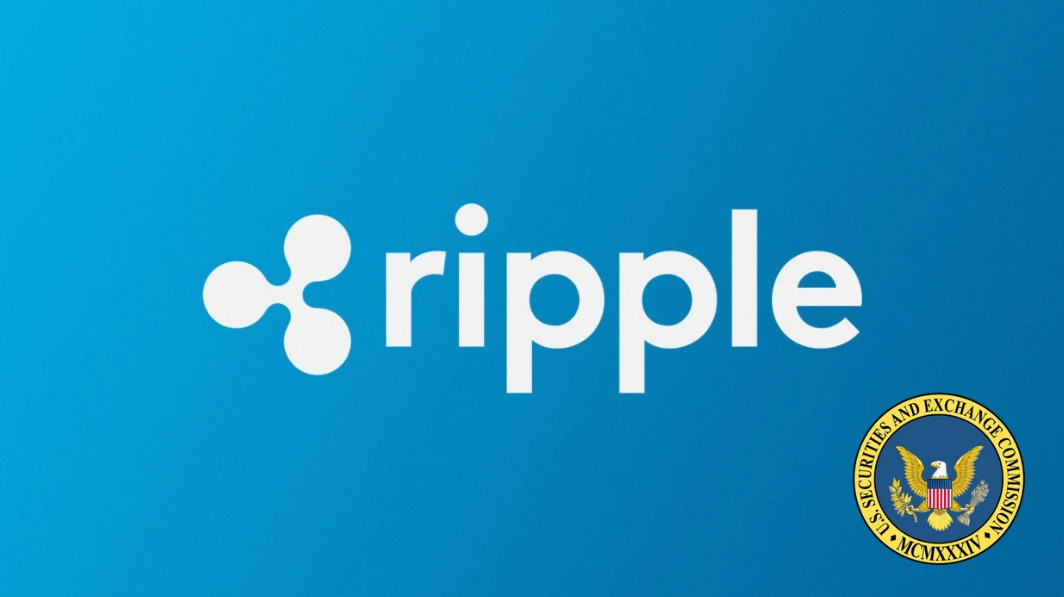Ripple Labs has marked a significant milestone in its protracted legal battle with the United States Securities and Exchange Commission (SEC), celebrating the conclusion of a four-year dispute that has shaped the cryptocurrency landscape. On August 7, 2024, Ripple announced a favorable court ruling that drastically reduced the SEC's proposed fines from $2 billion to $125 million. This decision was hailed as a major victory by Ripple's CEO, Brad Garlinghouse, who emphasized that it represented a triumph not just for Ripple but for the broader cryptocurrency industry and the principles of law.
Market Response and Community Reaction
In response to the court's decision, Garlinghouse took to social media platform X (formerly Twitter) to express his optimism, stating, “This is a victory for Ripple, the industry, and the rule of law. The SEC’s headwinds against the whole of the XRP community are gone.” Following this announcement, the market reacted positively, with XRP experiencing a surge of 26% in value. This spike reflects the enthusiasm within the cryptocurrency community regarding the potential for Ripple to move forward without the overhang of the SEC's aggressive regulatory stance.
Legal Experts Express Caution
Despite the celebratory mood, some legal experts have expressed caution regarding the implications of the ruling. Philip Moustakis, a former SEC counsel and current lawyer at Seward & Kissel, noted that while Ripple may be perceived as a winner, the broader context of the case complicates this narrative. He pointed out that enduring years of litigation, facing substantial legal costs, and experiencing disruptions to business operations do not constitute a clear-cut victory. Moustakis stated, “Ripple is a winner, but I think in the grand scheme of things, if you have to be embroiled in litigation for years... that doesn’t feel like a win.”
SEC's Potential Appeal Looms
The SEC has until early October to file an appeal against the court's ruling. Legal analysts suggest that if an appeal occurs, it may focus on previous rulings rather than the recent remedies decision. Specifically, the SEC could challenge the July 2023 ruling that determined XRP is not a security when sold to retail investors but remains classified as a security in transactions with institutional investors. This nuanced distinction could serve as the basis for the SEC's legal strategy moving forward.
Attorney Jeremy Hogan indicated that the SEC's appeal would likely concentrate on programmatic sales, while Joe Castelluccio from Mayer Brown noted that the SEC's previous attempts to appeal had been unsuccessful. The SEC's stance, as articulated in its statements, suggests that while it did not explicitly declare Ripple's On-Demand Liquidity (ODL) service illegal, it raised concerns about Ripple's potential to violate securities laws in the future.
Implications for Ripple and the Crypto Industry
The outcome of this legal battle carries significant implications for Ripple and the wider cryptocurrency sector. The ruling has provided some clarity regarding the regulatory landscape for cryptocurrencies, yet it has not resolved all uncertainties. The ongoing potential for appeals and further litigation means that Ripple may not be entirely free from regulatory scrutiny.
Christopher LaVigne, a partner at Withers, emphasized that the ruling might not mark the end of litigation between Ripple and the SEC. He noted that the ambiguity surrounding the legality of Ripple's sales could lead to continued legal challenges.
As the cryptocurrency market evolves, the Ripple case serves as a pivotal moment, highlighting the complexities of regulatory frameworks and the need for clearer guidelines in the rapidly changing landscape of digital assets. The outcome of any potential appeals will likely shape the future of cryptocurrency regulation in the United States, influencing how other companies navigate their own legal challenges with regulatory bodies.








